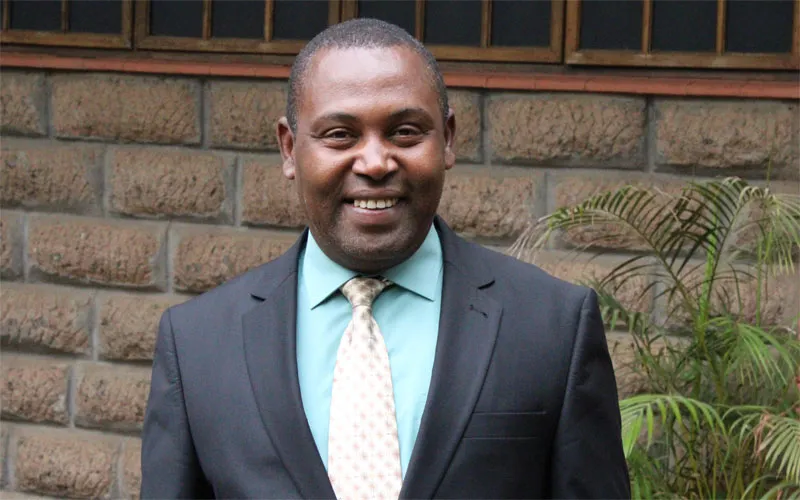“Having various nationalities and cultures in Tangaza is already a very big plus for me and I will encourage even more. Diversity helps to grow knowledge and the wider the diversity the higher the knowledge,” he said and added, “how best this is to bring these cultures into one place, this is number one achievement to have diversity of students from across the globe to build on knowledge.”
Explaining how he desires to start off at the nine-institute multicultural institution, Prof. Wang’ombe said, “I would like to have two kinds of helpers. One, a professional with experience of running an institution like a University; it is always good when a young person or when a person is running an institution for the first time to get a mentor who has done such a job.”
“The second one is a religious helper,” the Kenyan-born professor said and explained, “I am very emphatic about a religious helper, very critical about that. I am interested in a religious person who understands the culture of Tangaza and of course, one who is in tune with what is going on in the world of education.”
The 49-year-old Certified Public Accountant further justified his wish for a religious mentor saying, “I am looking for a religious person who is not involved in the day to day running of the University, this is especially to avoid a cyclical system of reporting because you cannot have somebody reporting to you and you are reporting to them, that wouldn’t work.”
He added, “People I have under me are already within the management structure. I know there are a lot of ways they are going to help me in the managerial activities and governance of the institution that is very well structured even within the statutes.”
TUC’s Consortium Trust members have been duly informed about Prof. Wang’ombe’s request. He disclosed during the Friday afternoon interview, “I am glad that the University trustees have already promised me that they are giving me that religious person and so I am safe.”
Since 1992 when the Nairobi-based Catholic University of Eastern Africa (CUEA) was granted a university charter in Kenya, the administratively autonomous TUC has been recognized as CUEA’s Constituent College particularly for academic-related matters.
However, TUC applied for its own university charter in 2013 following the change in the regulations around the governance of universities and constituent colleges as stipulated in Kenya’s University Act, 2012.
Speaking to this process toward becoming a fully-fledged university, the VC designate told ACI Africa, “I must mention that getting a charter is my priority because for the many things we want to do cannot be done before we get a charter.”
“I know part of the reason why the charter has taken too long is the inconsistency and the instability of the leadership because when you have too much change-over, it becomes very difficult even for the regulatory authority since they need to deal with the person and I am not in a hurry to leave Tangaza,” he explained and added, “the previous VC designate who was transferred to CUEA was on the track but the change-over led to delay again.”








